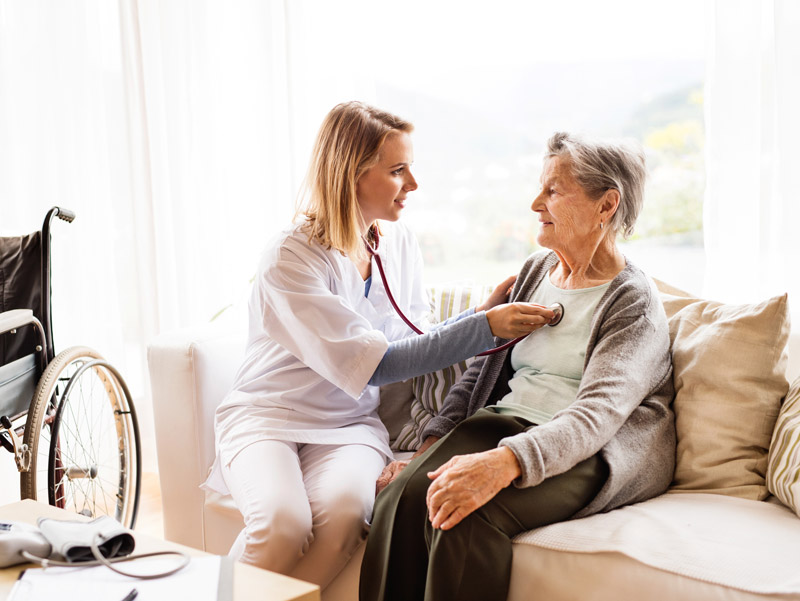The Foundation of Senior Whole Health
When it comes to senior whole health, diet and exercise are two of the most crucial pillars. Earlier this week, we discussed the benefits of morning exercise for seniors. In this follow-up, we’ll focus on diet—another essential component of maintaining a healthy and active lifestyle for seniors.
Diet for Senior Whole Health: Big to Small Meals
Proper nutrition is the cornerstone of senior whole health. It’s often said, “You can’t out-exercise a bad diet,” and this holds true for seniors. Eating the right foods at the right times can maximize energy levels, support metabolism, and improve overall well-being.
One of the most effective strategies for healthy eating is the big-to-small diet:
- Big Breakfast: Start the day with a nutrient-packed breakfast, such as eggs, turkey bacon, fruit, and whole-grain toast. If you’ve exercised in the morning, this meal replenishes energy and kickstarts your metabolism.
- Medium Lunch: A balanced lunch might include a hearty salad with protein like grilled chicken or a small sandwich with fresh veggies.
- Small Dinner: End the day with a light meal, such as roasted vegetables or a nutrient-rich smoothie, to avoid slowing your metabolism during sleep.
This reverse approach to meal sizes ensures your body gets the energy it needs during active hours and supports senior whole health by promoting better digestion and cell regeneration.
Frequent Meals for Senior Whole Health
Another approach to senior nutrition is eating smaller, frequent meals throughout the day. This method helps sustain energy levels and keeps the metabolism active, especially for seniors who find three meals a day too restrictive.
However, while this method has its benefits, some researchers suggest a potential correlation between frequent meals and digestive health concerns, such as colon cancer. While this doesn’t confirm causation, it’s an important consideration when deciding on the best approach for your diet.
Staying Hydrated for Senior Whole Health
Hydration is a key component of senior whole health. Often, what feels like hunger is actually thirst. Drinking a glass of water when hunger strikes can help distinguish between the two and may reduce unnecessary snacking. Proper hydration also supports digestion, energy, and overall health, making it a vital part of any senior wellness plan.
The Connection Between Diet, Exercise, and Senior Whole Health
Diet and exercise are interdependent for seniors striving to maintain senior whole health. A proper diet provides the fuel needed for exercise, while physical activity supports metabolism and overall vitality.
Whether seniors live independently or in communities like assisted living in Kent or senior care options in Bellevue, focusing on balanced nutrition and regular activity is essential for thriving in later years.
Final Thoughts on Senior Whole Health
Senior whole health isn’t just about eating right or exercising; it’s about creating a holistic lifestyle that prioritizes well-being. From adopting the big-to-small meal strategy to staying hydrated and active, these habits can support seniors in leading healthier, more vibrant lives.
At Concierge Care Advisors, we’re here to guide families and seniors in navigating all aspects of care, from exploring assisted living in Shoreline to finding the best practices for senior whole health. Contact us today to learn more about how we can help.

























